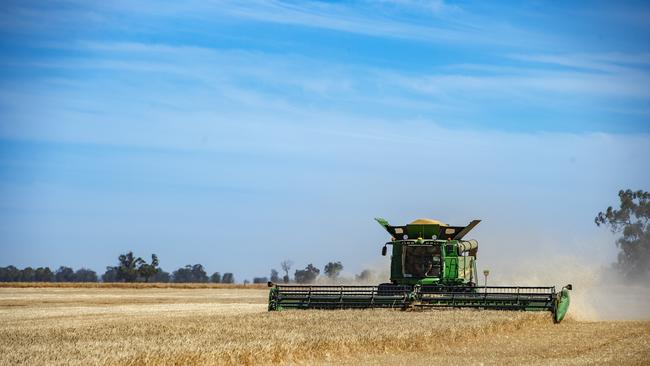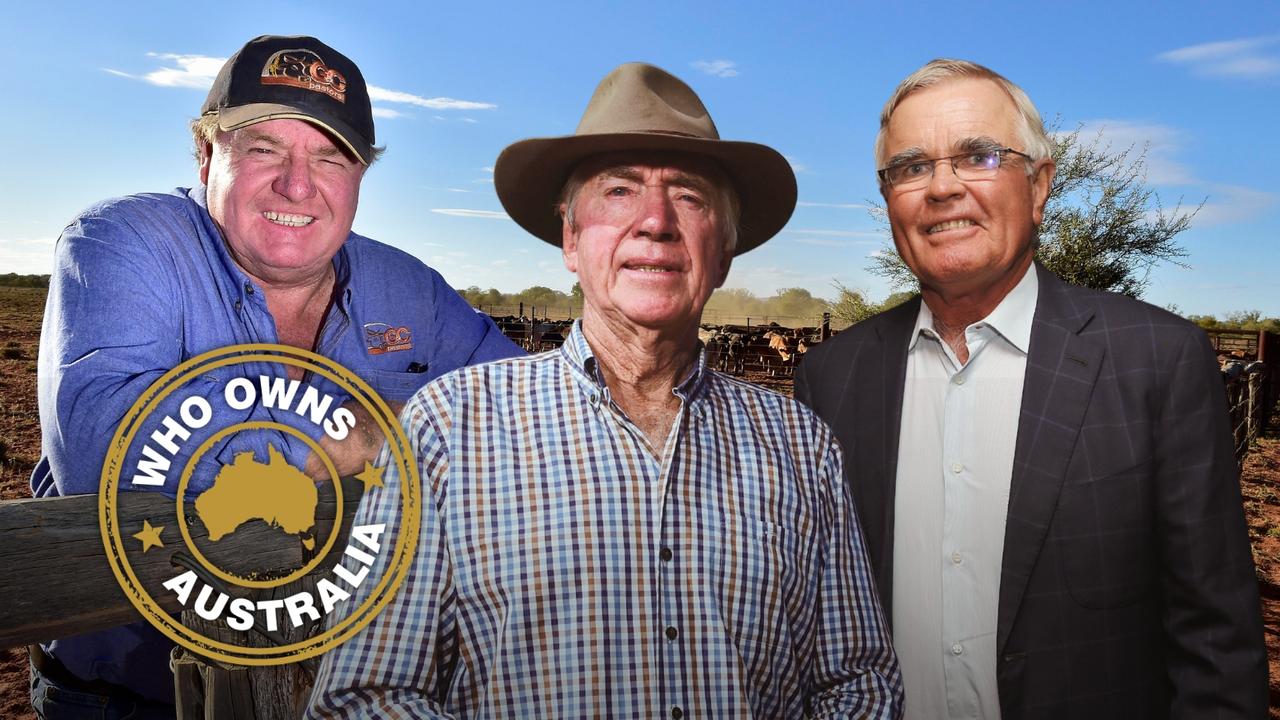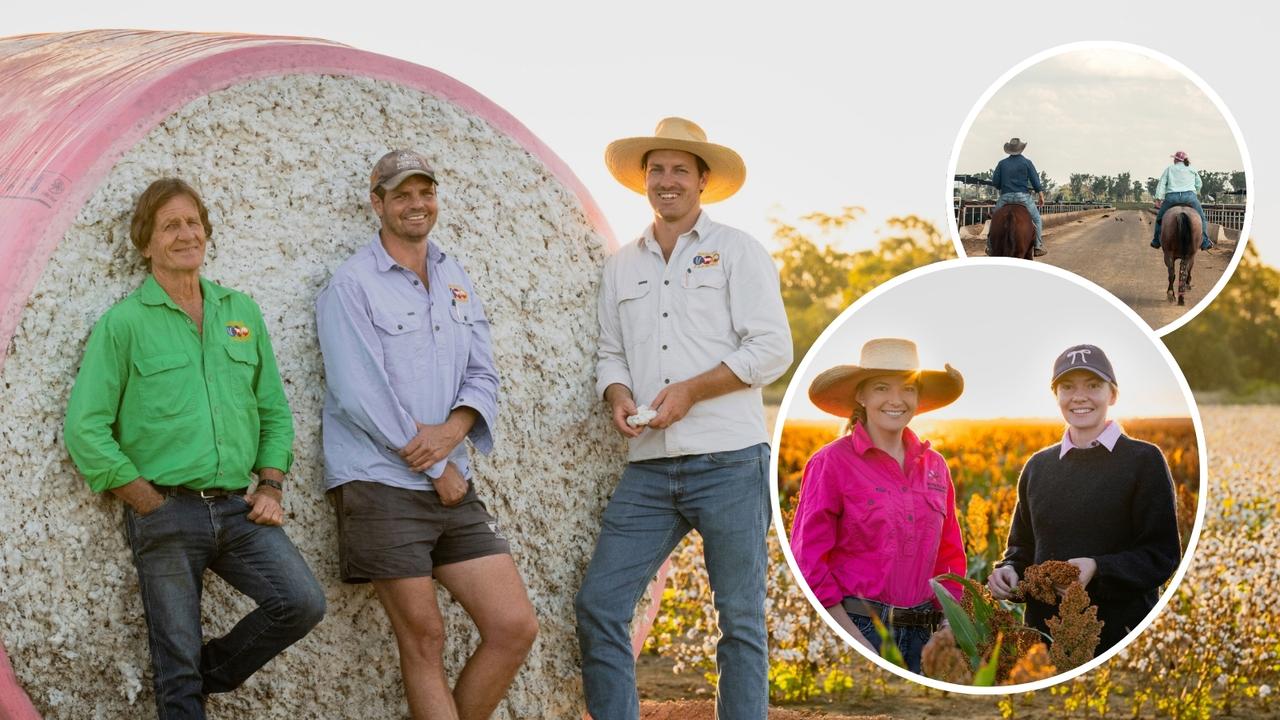West Australian growers supplying Heineken with low-carbon barley
Aussie farmers are not waiting for a dithering government to take action, instead taking it into their own hands – like these growers producing low-carbon barley for an eager brewing giant.

In Western Australia’s barley growing regions, a grand experiment is underway – all in the name of the ideal beer.
But “ideal” in this case also means “idealism”. As consumers’ desire for more sustainable products grows, barley growers from Kwinana and Albany have teamed up with brewing giant Heineken to supply the essential beer ingredient and track their carbon emissions.
The goal is for growers to reduce their carbon footprint, while Heineken can boast low-carbon credentials right across its supply chain, from paddock to pint.
“There are a lot of big grower groups forming in the Albany zone that are getting around this idea of low carbon emission barley,” Boortmalt barley merchant Liam Moltoni recently told The Weekly Times.
“In Australia, there is little incentive to go down the path of tracking emissions and reducing our carbon footprint, but it is coming to the forefront on the demand side.”
Welcome to agribusiness in the climate-action age. While Australia’s politicians in Canberra hem and haw over setting a net-zero emissions target by 2050, the rest of the world is moving on.
In March this year, the European Union voted to slap carbon tariffs on imports from countries it deemed were not doing enough to combat climate change. Japan and the US have indicated they could follow a similar path.
Signing up to a net-zero target would appear to be a minimum demonstrating “action”, as all of Australia’s major trading partners have done, including the EU, US, China, Japan and South Korea.
So far, Australia has said it would be “dead against” any such import tariffs. Federal Trade Minister Dan Tehan says he fears the EU will use these tariffs for protectionism, arguing it is hard to see how they will be applied “in a fair way”.
“I think it’s very difficult to see how you can do it in a World Trade Organisation-consistent way,” Tehan told The Weekly Times VirtuAg webinar this month. “It just seems to me it’s so complex, it will in the end lead to strong advocacy for these things to be used for protectionist measures.
“We should use, in line with our principles, a method that drives further trade and investment liberalisation, that’s what I would like to see.”
For Tehan, that could include using the WTO’s Cairns group of farming nations – which Australia’s National Farmers’ Federation leads – to push for a “positive agenda” for emission reductions and slash tariffs on environmental goods and services such as wind turbines.
Regardless of the Government’s view, Australian farmers can see which way things are headed for its $49 billion export trade; this isn’t just about the environment anymore, it’s business.
And the smart business move, experts say, is to be seen to be taking action.
University of Melbourne sustainable agriculture professor Richard Eckard says governments are becoming largely irrelevant in the conversation about targets, given many industries and supply chains are doing it themselves: Australia’s red meat industry is aiming for carbon neutrality by 2030 and the NFF backs a 2050 target.
“With Australian agriculture being about 70 per cent exports, why wouldn’t they do it – who would put all those exports at risk?” he says.
“Politicians are running around talking about targets when that train left the station years ago.
“They just need to put the money into research so farmers can respond when the time is right for them to respond.”
Eckard argues suppliers and exporters will end up having to prove their own emissions credentials in the market to lock in deals, such as Heineken actively seeking out low-emission barley.
Lobby group Farmers for Climate Action, however, would still like to see the Government set a net-zero target to send a stronger message to the world that Australia is taking action.
“A 2050 target gives us focus, it gives the sector and scientists focus, and really importantly it makes political and business leaders accountable,” says FCA policy adviser Corey Watts.
“This is not hippy-dippy, leftie nonsense – this is serious people, in serious business, who stand to lose a lot of money (due to climate change), and the more we delay action, the harder and costlier it becomes.”


